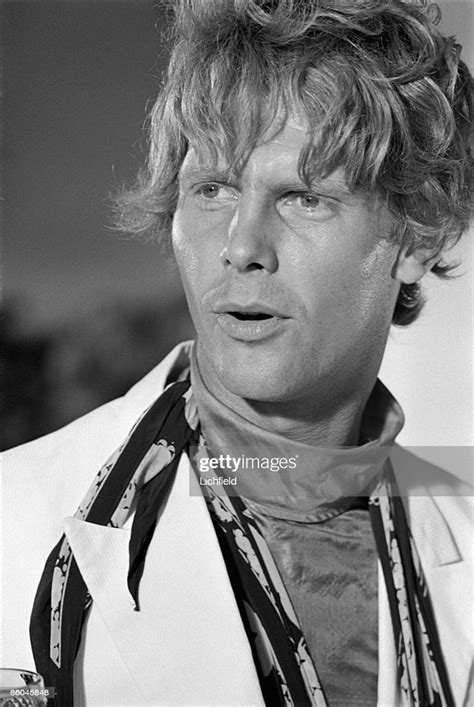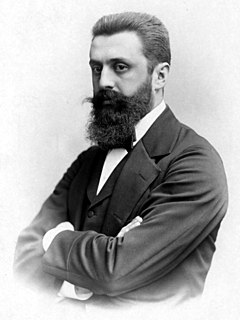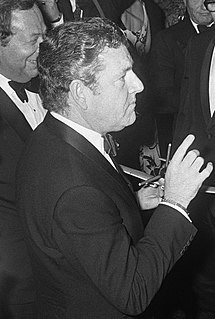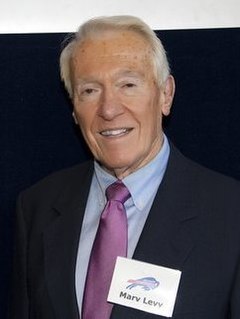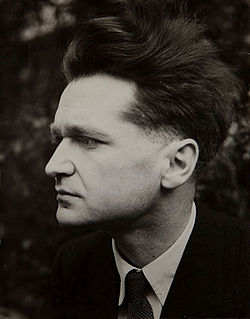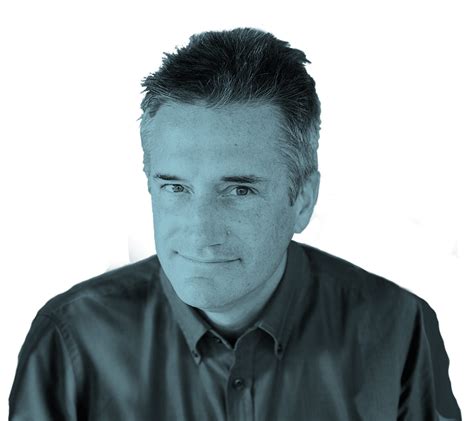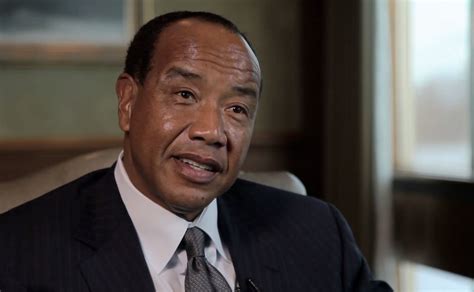Top 1200 Ancient Philosophy Quotes & Sayings - Page 2
Explore popular Ancient Philosophy quotes.
Last updated on April 16, 2025.
We are usually told that democracy originated in ancient Athens - like science, or philosophy, it was a Greek invention. It's never entirely clear what this is supposed to mean. Are we supposed to believe that before the Athenians, it never really occurred to anyone, anywhere, to gather all the members of their community in order to make joint decisions in a way that gave everyone equal say?
I don't believe there's anything in life you can't go back and fix. The ancient Vedas - the oldest Hindu philosophy - and modern science agree that time is an illusion. If that's true, there's no such thing as a past or a future - it's all one huge now. So what you fix now affects the past and the future.
One of the things I want to do in the book is to explore how philosophy can be done in literature. I start doing that in the first chapter, by introducing the idea of "philosophy by showing". What literature/philosophy shows is how to look at some important facets of life in a new way, thus changing the frame in which subsequent philosophical argument proceeds.
Philosophy is the science of estimating values. The superiority of any state or substance over another is determined by philosophy. By assigning a position of primary importance to what remains when all that is secondary has been removed, philosophy thus becomes the true index of priority or emphasis in the realm of speculative thought.
The adjective "political" in "political philosophy" designates not so much the subject matter as a manner of treatment; from this point of view, I say, "political philosophy" means primarily not the philosophic study of politics, but the political, or popular, treatment of philosophy, or the political introduction to philosophy the attempt to lead qualified citizens, or rather their qualified sons, from the political life to the philosophic life.
When I teach a new group of students, I introduce some yoga philosophy, but I don't overload them with information. Just enough so they understand the real tradition behind this ancient practice and that it's not a stretching class. Guys come in and they're a little nervous. I tell them that when they cross the threshold of the door, they're crossing to a different dimension. They're moving from an externally-oriented reality to an internally-oriented one.
When I got to college, I planned to be a math major, and, in addition to signing up for some math courses, I decided to take some philosophy. Quite by chance, I took a philosophy of science course in which the entire semester was devoted to reading Locke's Essay. I was hooked. For the next few semesters, I took nothing but philosophy and math courses, and it wasn't long before I realised that it was the philosophy that really moved me.
My father was a very tough guy with me and my brothers. He wanted to teach us a lot of discipline and life philosophy. As I became more interested in martial arts, he started teaching a lot of fighting philosophy and karate philosophy. While he was a tough father, he also knew when to be sweet and show a softer side.
When people ask me what philosophy is, I say philosophy is what you do when
you don't know what the right questions are yet. Once you get the questions
right, then you go answer them, and that's typically not philosophy, that's
one science or another. Anywhere in life where you find that people aren't
quite sure what the right questions to ask are, what they're doing, then,
is philosophy.
Consciously or unconsciously, most theists see in gods and devils, heaven and hell, reward and punishment, a whip to lash the people into obedience, meekness and contentment.... The philosophy of atheism expresses the expansion and growth of the human mind. The philosophy of theism, if we can call it a philosophy, is static and fixed.
..I sought a world philosophy-or an integral philosophy-that would believably weave together the many pluralistic contexts of science, morals, aesthetics, Eastern as well as Western philosophy, and the world's great wisdom traditions. Not on the level of details-that is finitely impossible; but on the level of orienting generalizations: a way to suggest that the world really is one, undivided, whole, and related to itself in every way: a holistic philosophy for a holistic Kosmos, a plausible Theory of Everything.
Philosophy appears to some people as a homogenous milieu: there thoughts are born and die, there systems are built, and there, in turn, they collapse. Others take Philosophy for a specific attitude which we can freely adopt at will. Still others see it as a determined segment of culture. In our view Philosophy does not exist.
Experience has repeatedly confirmed that well-known maxim of Bacon's that 'a little philosophy inclineth a man's mind to atheism, but depth in philosophy bringeth men's minds about to religion.' At the same time, when Bacon penned that sage epigram... he forgot to add that the God to whom depth in philosophy brings back men's minds is far from being the same from whom a little philosophy estranges them.
Ever since men became capable of free speculation, their actions, in innumerable important respects, have depended upon their theories as to the world and human life, as to what is good and what is evil. This is true in the present day as at any former time. To understand an age or a nation, we must understand its philosophy, and to understand its philosophy we must ourselves be in some degree philosophers. There is here a reciprocal causation: the circumstances of men s lives do much to determine their philosophy, but, conversely, their philosophy does much to determine their circumstances.
Moral theory develops from the divine command theory of medieval Christian philosophy, mixed up with a bit of ancient pagan virtue theory, to the purely secular moral sentiment and interpersonal reaction theories of Smith and Hume, to Kant's attempt to restore command theory but with something supersensible in the individual rather than God as the source of authority.
After finishing the gymnasium in Muenchen with 9 years of Latin and 6 years of ancient Greek, history and philosophy, I decided to become a physicist. The great theoretical physicist Arnold Sommerfeld, an university colleague of my late father, advised me to begin with an apprenticeship in precision mechanics.
A writer must always try to have a philosophy and he should also have a psychology and a philology and many other things. Without a philosophy and a psychology and all these various other things he is not really worthy of being called a writer. I agree with Kant and Schopenhauer and Plato and Spinoza and that is quite enough to be called a philosophy. But then of course a philosophy is not the same thing as a style.
BERTRAND RUSSELL, The Philosophy of Logical Atomism We've associated that word philosophy with academic study that in its own way has gotten so far beyond the layman that if you read contemporary philosophy you've no clue, because it's almost become math. And it's odd that if you don't do that and you call yourself a philosopher that you always get 'homespun' attached to it.
Some of my understanding of what philosophy and ethics is has changed very slowly. One thing that has changed is this for quite a long time I bought-into the idea that philosophy is basically about arguments. I'm increasingly of the view that it isn't. The most interesting things in philosophy aren't arguments. The thing that I think is underestimated is what I call a form of attending. I think that philosophy is at least as much about carefully attending to things as it is about the structure of arguments.
My position is a naturalistic one; I see philosophy not as an a priori propaedeutic or groundwork for science, but as continuous with science. I see philosophy and science as in the same boat--a boat which, to revert to Neurath's figure as I so often do, we can rebuild only at sea while staying afloat in it. There is no external vantage point, no first philosophy.
Philosophy is not a body of knowledge to impart to someone, that's why reading philosophy books isn't always the best way of learning philosophy. Philosophy is really more the process of rational engagement, rational reflection with a diversity of views and ideas and opinions and trying to sort of reason your way through to a more reflective position. I think if you look at it that way, philosophizing is to some extent some small way a part of almost everyone's lives although they don't recognize it as such and a lot of people are embarrassed about it.








